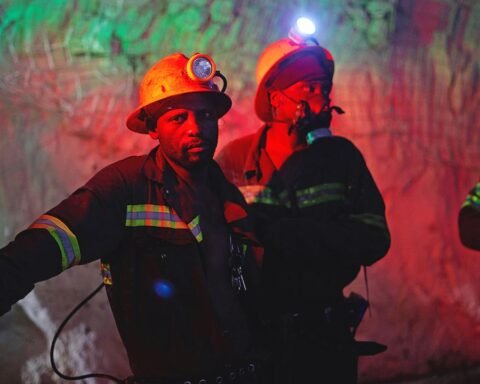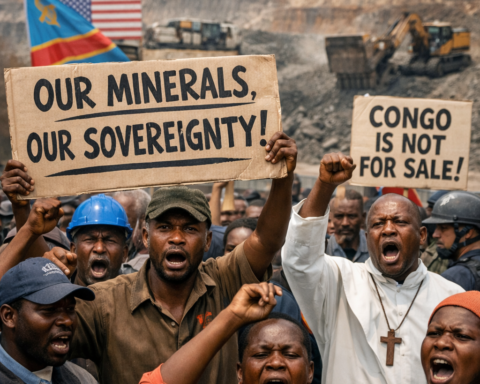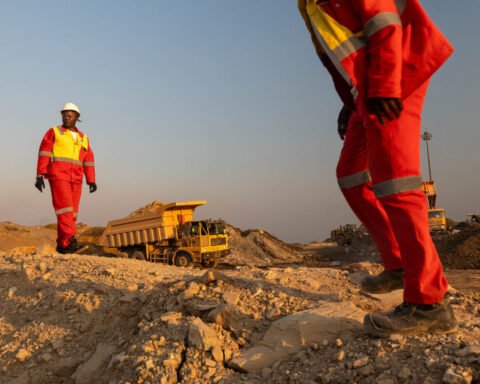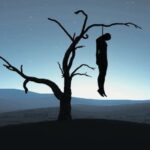Tensions have surged in Uvira, in the eastern part of the Democratic Republic of Congo (DRC), amid protests against Brigadier General Olivier Gasita, the deputy commander of the city’s intelligence division.
Residents, local civil society groups, and members of the Wazalendo militia have demanded his removal, accusing him of secretly supporting the M23 rebels who recently invaded parts of eastern Congo.
Gasita, a senior army officer, strongly denied the allegations and called on citizens to respect officials appointed by the central government in Kinshasa. Despite his reassurances, demonstrations have persisted for several days, reflecting widespread frustration and mistrust within the community.
The protests, which began peacefully, have occasionally turned tense, with residents confronting security forces and blocking key roads. Local leaders report that fear and rumors about Gasita’s loyalty have fueled anxieties, reflecting deeper ethnic and political divisions that have long existed in South Kivu province.
Observers say the situation is not just about a single officer but underscores the challenges of governance in a region where armed groups operate alongside state security forces. Community leaders have emphasized the need for dialogue, urging both citizens and authorities to seek peaceful solutions while addressing concerns about security and accountability.
The accusations against Gasita come amid the resurgence of the M23 rebel group, which has posed a persistent threat to stability in eastern DRC. Analysts warn that unresolved local disputes can quickly escalate into broader security crises, particularly when civilians, militias, and government forces clash over perceived allegiances.
Also Read; Macron Grapples With Fresh Political Crisis After Bayrou Resigns
Efforts to stabilize the region now rely heavily on collaboration between the national army, local authorities, and community representatives. Maintaining trust in government institutions while containing armed groups like M23 remains a delicate balancing act for both Kinshasa and international observers.
The unrest in Uvira illustrates how local leadership disputes can mirror wider regional tensions. Eastern DRC has long experienced instability due to ethnic fragmentation, the presence of multiple armed groups, and complex political allegiances. Experts say building long-term peace requires transparent governance, inclusive dialogue, and a sustained focus on community-level reconciliation.
International organizations have repeatedly highlighted the importance of civilian protection and conflict resolution mechanisms in South Kivu. The Uvira protests serve as a reminder that even isolated accusations can ignite larger social and political movements when trust in authorities is low.







